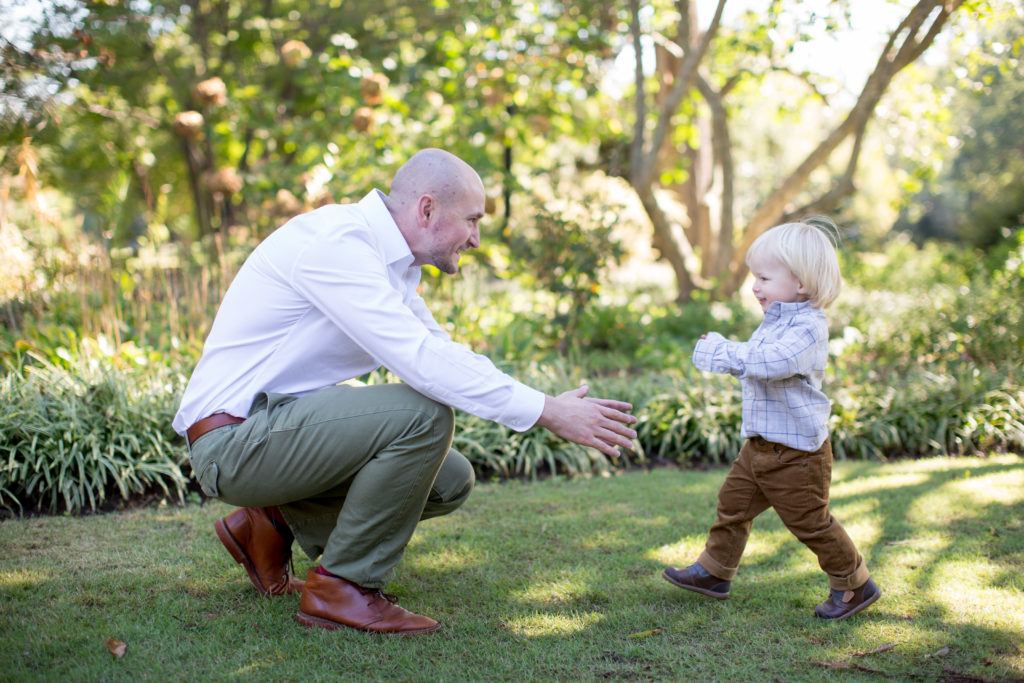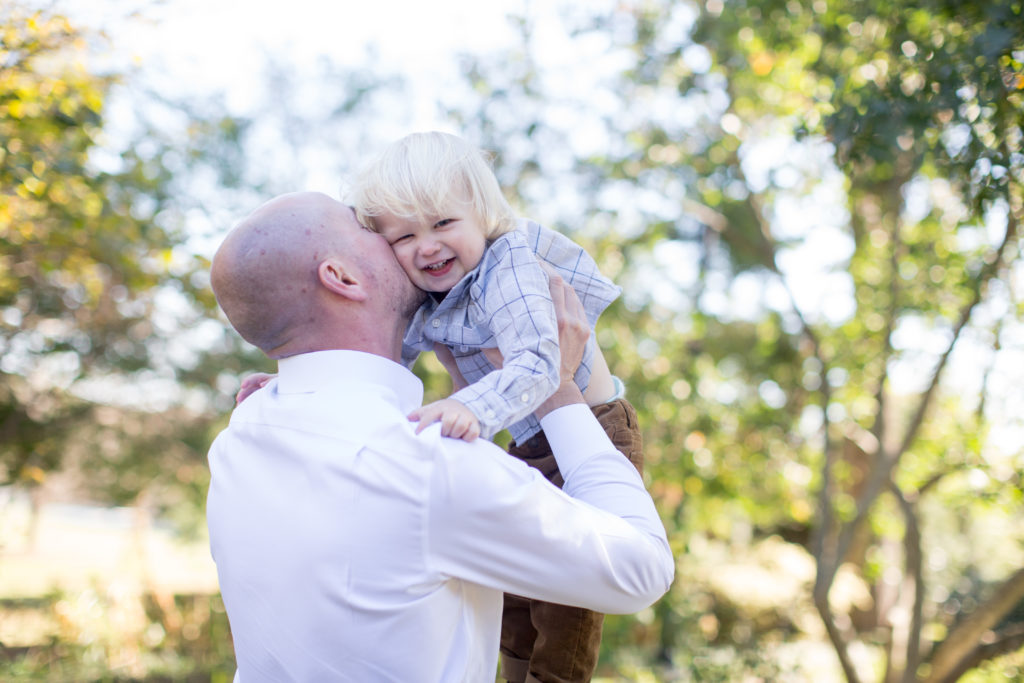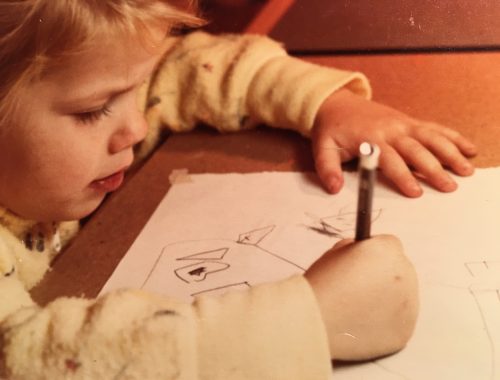Transition Time: Helping your family “change gears” together peacefully

As a stay-at-home-mama to two young boys, I get a daily crash course in the importance of smooth transitions. Transitioning from one activity to another, especially ones that my kids do not enjoy, can quickly generate a lot of negativity (i.e. tantrum throwing). Even my best efforts don’t always lead to positive outcomes. But I am learning that allowing reasonable transition time to “change gears” is key to avoiding meltdowns.
Interestingly enough, this is true in our family for adult transitions as well. Not that Paul or I are regularly throwing tantrums, but we have definitely found that neglecting to prioritize smooth transitions between key points of our day can have a negative impact on the whole household. Our family experiences transition in it’s own chaotic way because our routine varies every day depending on Paul’s schedule. The most challenging point is the late afternoon when Paul gets home from working a day shift at the hospital.
The “witching hour” at our house starts around 5pm. It’s safe to say that by then, the last thing any of us is feeling is peaceful.
I’m usually trying to get dinner started or on the table while balancing a clingy crying baby on my hip or in a carrier on my back. Our toddler has pilfered through every single thing on the bottom shelf of the pantry. Sneaking snacks and running back and forth between my legs to the door to see if Papa’s home yet.
The house is a complete disaster (despite the fact that I’ve picked up multiple times throughout the day…). I’ve always got a full day of stories to share, questions to ask, issues to discuss, and news/naughty behavior to report.
I’m exhausted, frazzled, frustrated, and irritable.
By the time Paul walks through the door, my patience is worn thin. My instinct is to pass off whichever kid is being most needy, start doling out dinner tasks (could you chop these onions?), and unload my day. The sooner he can step in and run some interference, the better chance the kids will survive until bedtime!
Somehow evenings always seem more chaotic and stressful than any other part of the day. There is so much to get done and everyone is hangry and worn out. We are trying to accomplish so much in a rushed blur.
Our evening family routine usually looks like a combination of:
- make dinner
- feed/eat dinner
- enjoy our mealtime together
- whisk kids off to the bath
- get teeth brushed and pjs on
- read stories and sing songs
- and get them into bed
Can you relate to any of that? What if evenings didn’t have to be stressful and overwhelming? Wouldn’t it be nice if we could look forward to this time of day?
I truly believe this has the potential to be one of the most rewarding times of the day. Blame it on my rose-colored glasses, but I love the idea of evenings being an opportunity to reinforce our relationships with one another in a positive way.
In my ideal evening we get to talk over dinner about our day. Laughing and swapping highlights and lowlights together. Afterwards, Paul takes the boys off to the bath for some quality bonding time while I catch a few moments to myself. Then we divide and conquer for bedtime. This creates a chance to give our kids some quality one-on-one time they haven’t had all day. And lastly, since we are talking “ideal,” they get to bed on time without any fussing and fall peacefully to sleep.
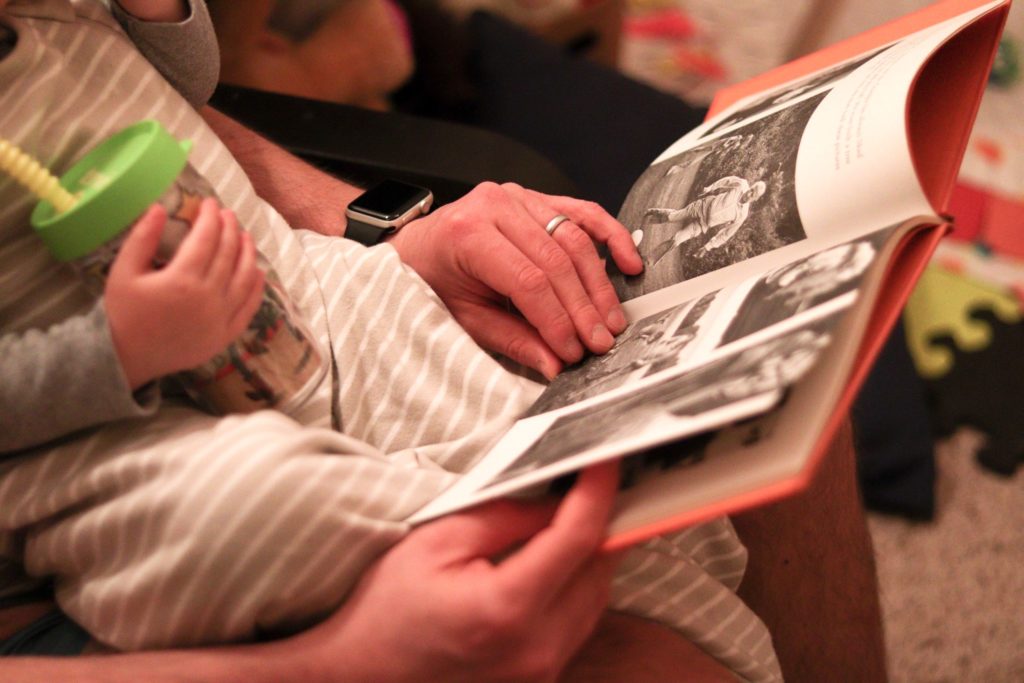
It feels so easy to drift away from this vision, for the whole routine to feel rushed, forced, or unpleasant. Me nagging the boys to eat, griping at Paul for laughing when Noah burps or does something gross. Rushing them off to the bath, trying to pick the shortest story and then feeling relieved when they finally get to bed (and then feeling guilty for feeling relieved!).
How do we shift the tone? Is it possible to make this ideal evening into a reality? And if not, what can we do to make this transition more rewarding than frustrating?
This was a topic of conversation that Paul and I dedicated a lot of time to pre-babies. Working in an emergency room can carry a burden of stress that easily weighs on you long after arriving home. We wanted to make sure we had plans to advocate for ourselves (and each other) to bring the best of ourselves to our family from day-to-day.
Neither of us wanted to create a negative association with home.
One major part for us was becoming aware of what each other’s experience of this time of day was like.
- For Paul, it is to switch from work-life to home-life. His job is high-intensity, highly-demanding, and unpredictable. MOST DAYS he leaves work physically, mentally, and emotionally drained after a shift. He is very passionate about his work but it is challenging and often exhausting.
- For me, it is to switch to “team-parenting” from “solo-parenting” after being alone with our 2 boys all day. My job is a never-ending shift. I am so thankful for the opportunity to be home with our boys but it is one of the demanding jobs I have ever had.
- For our boys, it is the height of anticipation of having their Papa’s attention (which they have been craving all day). They adore their father and they view time spent with him as fun and exciting. Their enthusiasm for his return from work is born purely out of those feelings.
We knew it was important for Paul to have reasonable time to peacefully transition into Papa/husband/home-mode after work. We also wanted to make sure that I felt supported rather than under-appreciated. And most importantly, we wanted to ensure our boys never felt rejected by Paul “seeming” less enthusiastic to greet them when he arrives home. This was particularly significant to me.
Since my parents divorced when I was young, my mama primarily raised me while being a single-working parent (I spent every other weekend with my dad). We didn’t have family living nearby and so she didn’t have a lot of support. I used to walk to and from school and would get home before she got off work.
Back in the day that was referred to as being a “latch-key” kid.
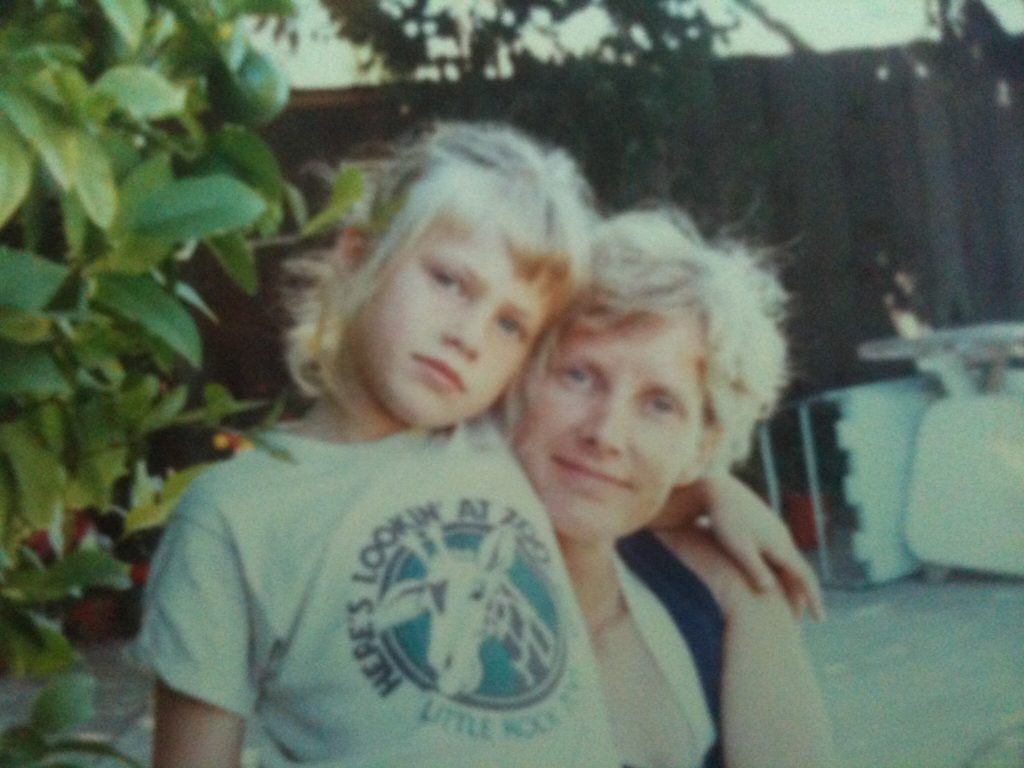
One of the most difficult things for me during this era of my youth was understanding how important it was for her to have adequate transition time between working all day and then being “on” 100% with me for the rest of the evening. I remember missing her SO MUCH and being so excited for her to get home that I’d be impatiently waiting by the door as soon as I heard her car pull into the driveway.
She would come in, exhausted from work, and tell me she just needed some time “to change gears” before she could hear about my day or engage with me fully. Then she would go into her room, close the door, and proceed to take 15 minutes (not an unreasonable amount of time) to clear her mind. To me, this was excruciating! I worried she must not miss me as much as I did her throughout the day and I felt rejected.
It wasn’t until I was older that I was able to appreciate and respect that she took this small window of time for herself. Now I am proud that she raised me to know that self-care and advocating for your personal needs as a mama is important. But I also remember the disappointment I felt.
I wanted to try and avoid having my kids experience the same feelings of rejection. These days, the boys come excitedly to the front door to greet Paul the second he arrives home, jumping up and down for his attention, and it may be hard for him to muster up an equal level of enthusiasm. But we both agree that even things as simple as greeting them with a smile and verbally communicating they are missed can be huge in reassuring them.
Our Ultimate Family Goals:
- Protect a reasonable window of time for Paul to “change gears”
- Ensure I feel acknowledged, appreciated, supported
- Ensure the boys don’t feel rejected by Paul when he comes home
Fortunately, there is some natural transition that occurs for Paul in the course of coming home from work.
With every shift, his commute home lasts at least 15 minutes (and sometimes up to two hours). This established time allows for him to mentally and physically distance himself from his work day and transition into home-life. Things like residual work stress, physical fatigue/exhaustion, and anticipation of home responsibilities can sometimes feel overwhelming. This commute allows him a brief opportunity for him to decompress from his day by listening to podcasts
Also, since he spends his day wearing scrubs and has so much germ exposure throughout his day, it is a major priority for him to change out of his work clothes and shoes before any contact with the rest of us.
When Paul gets home, he intentionally makes some gesture of connection with us as he walks through the door.
He tells us how happy he is to be home, that he has missed us, and says he can’t wait to hear about our day. He gives me a quick kiss and then he sneaks off to change clothes (and take an extra minute to change gears) before joining us for the remainder of the evening.
Here are a few other things that have helped us learn to “change gears” more peacefully:
Plan Ahead & Communicate
We try to anticipate the most stressful days when we can. Planning ahead has allowed us to have a sense of predictability, allowing for a little faster transition when needed and can make it easier for everyone.
On evenings I know that Paul might be coming off of a more stressful shift or arriving home later than usual, I try to have more simple dinner plans that requires less energy or attention to put together (chicken nuggets anyone?!). Or I might do bath time earlier in the day. That way after dinner we can all enjoy some quality time just playing together or going for a walk.
If Paul is running late, he will call me to touch base when he leaves the hospital. That way he can psych himself up en route to dive right in and help out if things are chaotic when he walks through the door.
Sometimes it’s hard to remember that if we just TALK to each other, we can avoid a lot of the potential negativity and resentment. In order for us to truly support each other we have to be committed to honest open communicating. We have to be willing to speak up for what we need and also trust that our partner will respect us for being candid.
Practice Gratitude
That old saying about how the days are long but the years are short is so true. In reality, the days of our boys waiting eagerly by the front door in anticipation of Paul’s arrival are numbered. Their innocent enthusiasm will most likely someday be replaced by teenage indifference. Paul says he tries to remember that we are the main reason he works so hard in the first place. There are certainly worse things than being greeted joyfully by clamoring children at your feet!
It can be surprisingly easy to slip into feeling resentment toward your partner during difficult transition times. It’s important to find a second or two in every day, to remember that you and your partner both work hard for your family and how much meaning and purpose to you bring to each other’s lives.
Last but not least… Be Realistic
Even when we can rationalize the importance of smooth transitions and understand the needs of each other, it can still be tough to pull off. Some nights we all end up being pretty cranky. Some nights after we put the kids to bed we wander into separate corners of the house and zone out behind our phones. There have even been nights when Paul literally can’t keep his eyes open and will fall asleep WHILE he’s playing with the boys or trying to talk with me about my day.
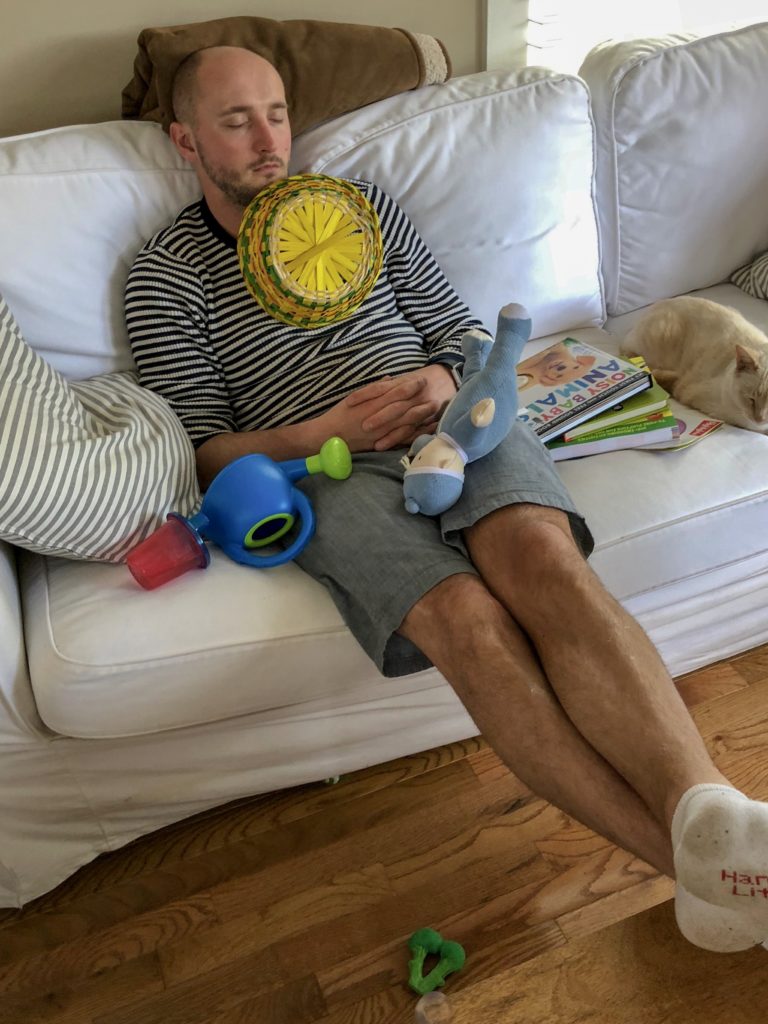
We have to be willing to cut each other some slack and give ourselves grace. Paul says “when I get home I just have to come in and do my best!” Some days are just gonna be a disaster. We just try to roll with the punches and hope for a better day tomorrow.
